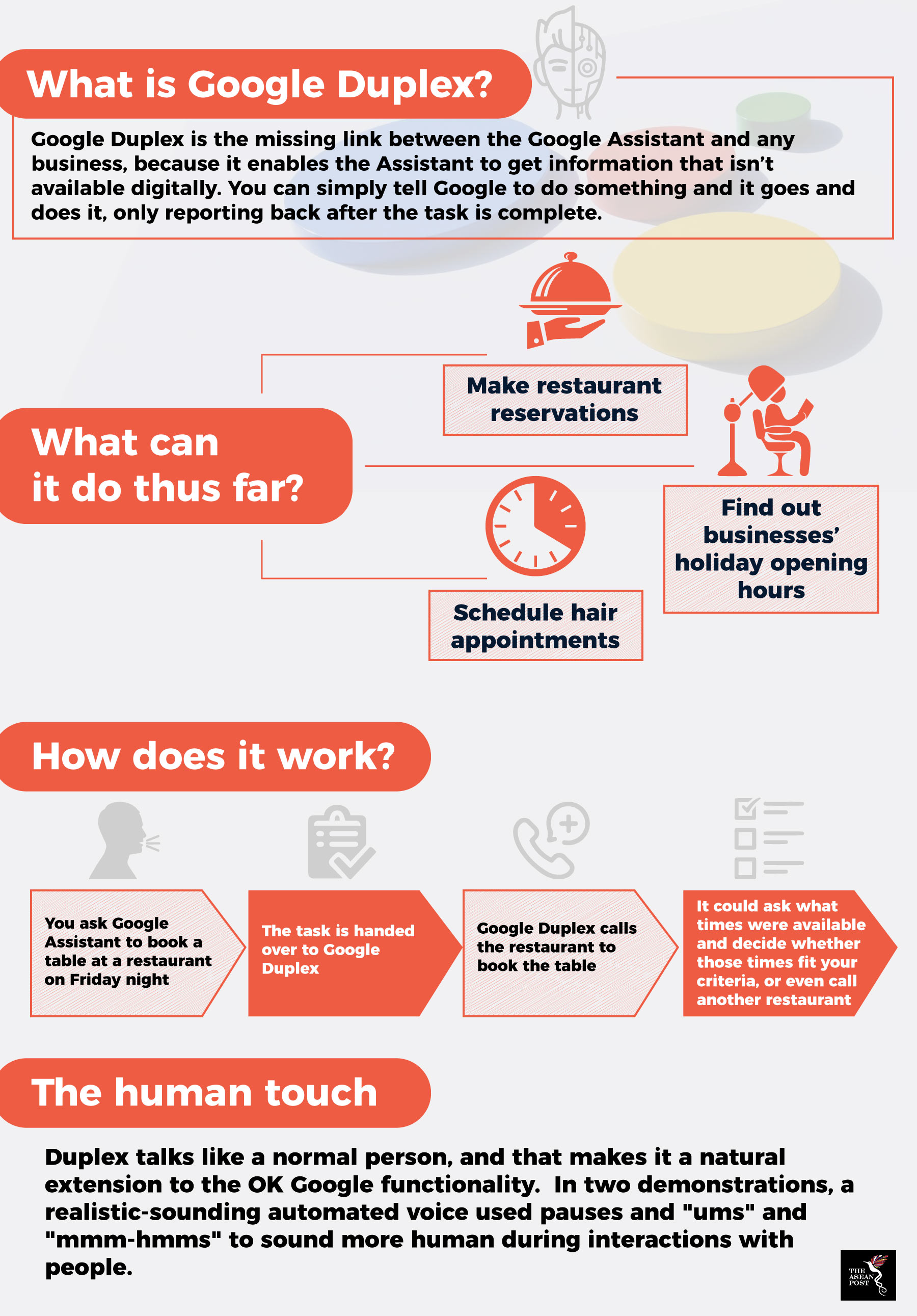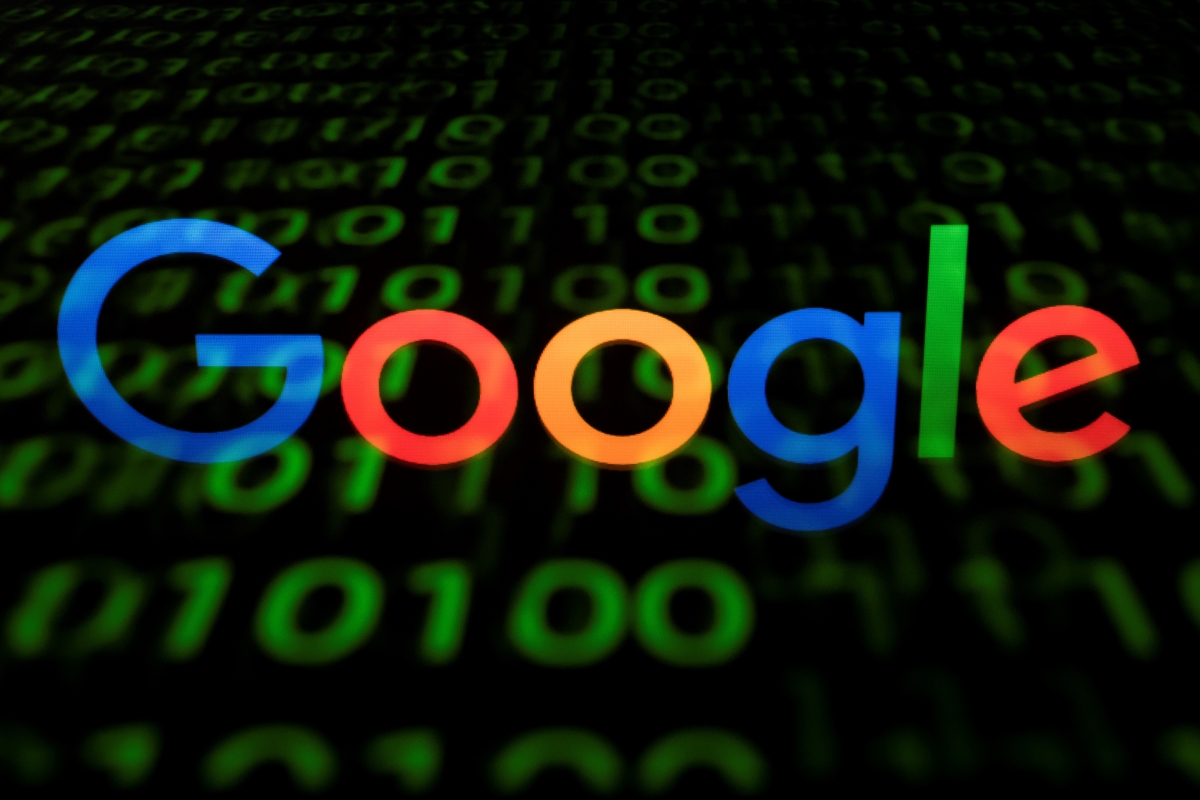In the Marvel Cinematic Universe (MCU), the character Tony Stark, better known by his superhero name Iron Man, pursues most of his experiments with the help of his computer assistant, JARVIS – which serves as an acronym for Just A Rather Very Intelligent System.
However, JARVIS is like no other computer assistant most people have had experience using. It has a natural language user interface, which means that it is driven primarily by artificial intelligence (AI). This AI is so advanced that Stark has the ability to converse with JARVIS as if he is communicating with another human in order to accomplish tasks – from checking the weather to deploying the high-tech Iron Man suit. Stark even gets into sarcastic arguments with the system.
The MCU’s depiction of JARVIS on the big screen was as astounding as it was fantastic, with a real-life version of the AI still a far-fetched dream. However, tech giant Google is bent on turning intelligent assistants such as JARVIS into a reality.
Introducing Google Duplex
Unveiled at this year’s Google I/O – the company’s flagship annual tech conference held from 8 to 10 May – Google Duplex is an AI and natural language-driven extension of Google Assistant, its existing mobile and smart home solution. Using machine learning, language modelling and speech recognition technologies, it essentially does what it is told and reports back after the task is completed.
During the preview of the technology, Google chief executive officer, Sundar Pichai demonstrated Duplex’s ability to schedule a haircut appointment on its own between 10am and noon.
“What happens is the Google Assistant makes the call seamlessly in the background for you,” he said, before showing an actual conversation between Duplex and a hair salon employee.
In the call, Duplex tells the employee answering the phone at the salon that it intends to book a woman’s haircut for a client at 12pm. The employee replies that there isn’t a slot available at 12pm, but there is one at 1.15pm. Following that, Duplex has a very realistic conversation with the salon employee before finally agreeing to book a slot at 10am for a haircut for the aforementioned client. The conversation is even peppered with verbal tics such as “umm” and “mm-hmm” from Duplex’s side.

Thus far, the technology behind Google Duplex only supports three use cases: making restaurant reservations, obtaining a businesses’ opening hours and arranging appointments at a hair salon. In time, it will be extended to cover more areas.
According to Google, it is set to test the features of Duplex in a public beta via Google Assistant in July. However, it has yet to reveal an exact release date, or the regions which will support this feature.
Blurring the line between human and machine
In the demonstration, Duplex’s use of language was sufficient to convince the salon operator on the line that she was conversing with a human being. The rest of the demonstration – which also showcased Duplex reserving a table at a restaurant – elicited “oohs” and “aahs” from the audience, as well as a few chuckles and rousing applause to top it all off.
However, the potential for misuse of the technology behind Google Duplex in the future has caused many in the international community to raise their eyebrows. “Creepy” and “horrifying” were just some of the words used by tech observers to describe Duplex, and they cannot be faulted for raising such ethical concerns.
The debate is divided between those who believe that AI like Duplex can be used for the betterment of humanity, and those who think such developments will lead to humanity’s irreversible downfall, in a scenario reminiscent of the sci-fi movie, The Terminator. AI technologies like Duplex can be potentially used to deceive people over the phone, due to the realistic human façades they present. However, Google has spoken in defence of its creation, saying that Duplex has an inbuilt disclosure system to alert call recipients that they are talking to a robot.
Nevertheless, Google Duplex will likely continue to raise concerns across the international community due to recent events such as the Facebook and Cambridge Analytica incident, which have damaged public perceptions of technology.
How Google, a pioneer in fields such as AI, handles such ethical dilemmas will determine the level of trust and confidence that people will have in such technologies moving forward, as their flexibility of application promises far-reaching consequences for the human race.
